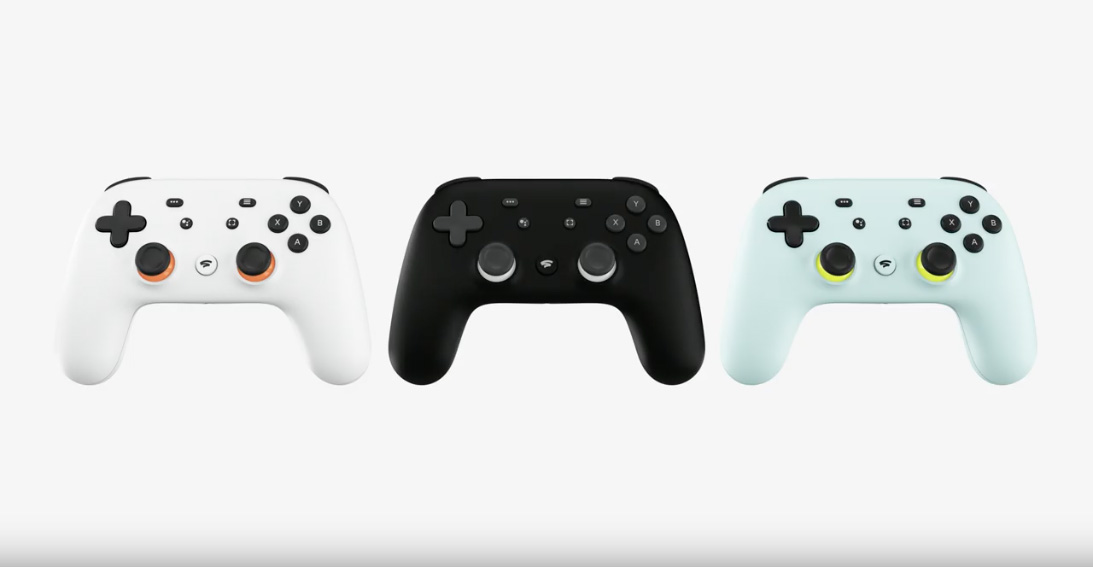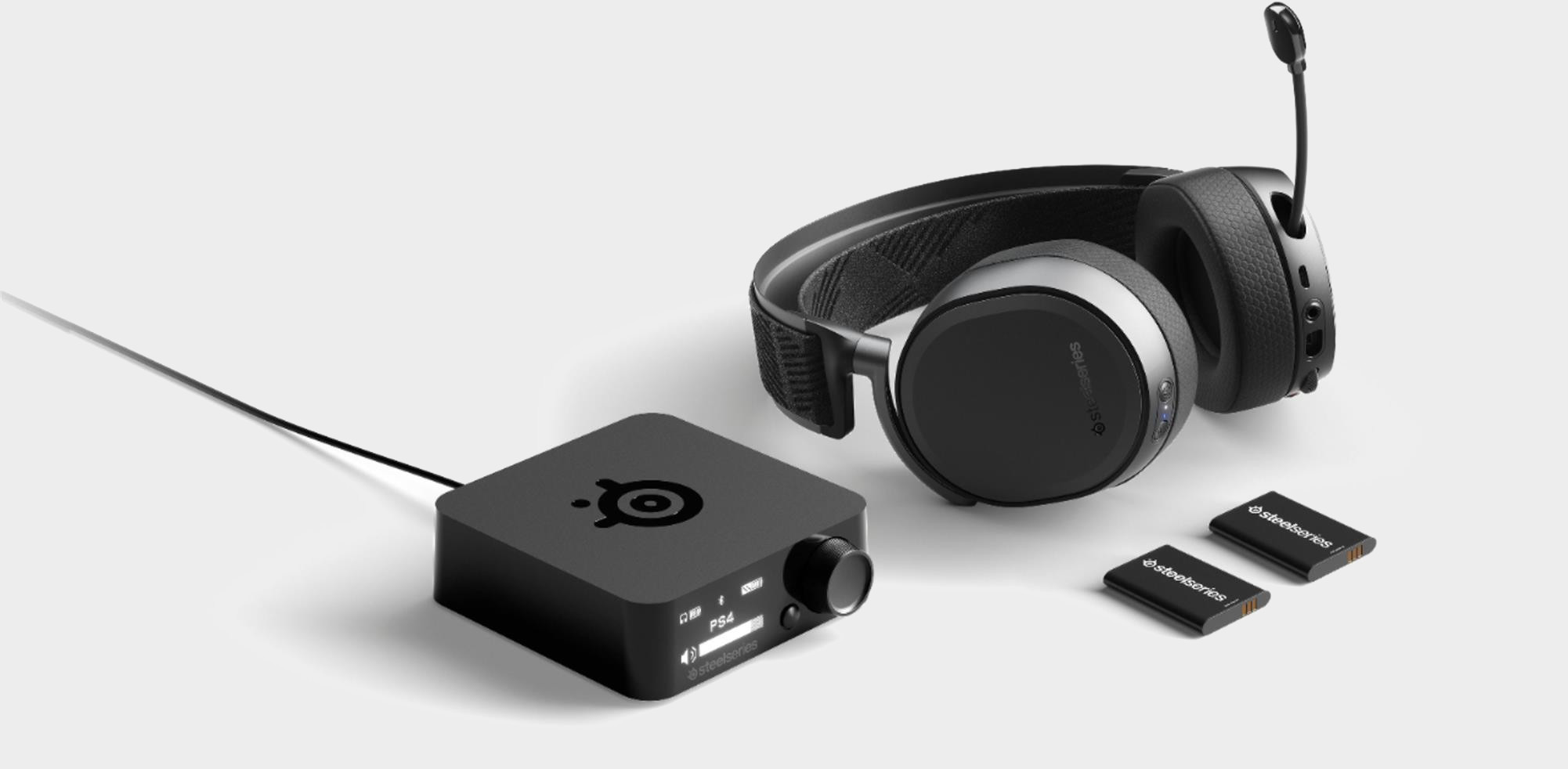Google Stadia fans are excitedly guessing what a mysterious 'Project Hailstorm' could be
The excitingly named project has shown up in APK files for the Stadia app.

'Project Hailstorm' is an as-yet-unannounced update, feature, or fix coming to Google Stadia. Probably. We actually don't know what it means or what it represents, it just showed up within the Stadia APK file on the Google Play Store one day. Yet that hasn't stopped the avid Stadia community from dreaming up what it could mean for the streaming platform.
It's understandable, at least. The 'Project X' convention has been used a couple of times in the past in regards to Google's streaming platform, perhaps most notably as the work-in-progress name for the platform itself: Project Stream.
And the two references to Project Hailstorm are rather engaging, like someone wanted them to be found. Spotted by 9to5Google in its APK update dives, the two references to Project Hailstorm read:
- 'A Hailstorm is coming soon.'
- 'Introducing Project Hailstorm from Stadia'
Exciting, no? It's suspected to represent a fairly major development to the service, but there's no indication as to what that could mean for Stadia as we know it today.
Users in the Stadia subreddit have been voting on their dream scenarios for what it could all mean—granted, some purposefully less realistic than others. These include new controllers, Stadia VR, Android emulation, and expansive multiplayer support.
However, by far the most votes goes to second-generation server blades to power the entire experience, and ideally ones with ray tracing capabilities.
Currently, Google uses AMD Vega architecture GPUs for its server, which are a couple of years old now and don't offer ray tracing functionality. They are mighty at compute, however, and I'd guess that it would be some time before Google fancies replacing them.
The biggest gaming news, reviews and hardware deals
Keep up to date with the most important stories and the best deals, as picked by the PC Gamer team.
But that's okay, this is a wish list of sorts.
Second to that is the introduction of search bar functionality, which is 100% possible but I'd be surprised to see that demand a grandiose unveiling. Though, we're not yet certain we'll even see one of those, or anything come of Project Hailstorm at all, but this doesn't feel like your average update.

Best wireless gaming mouse: ideal cable-free rodents
Best wireless gaming keyboard: no wires, no worries
Best wireless gaming headset: top untethered audio
Recently, Stadia confirmed Stadia State Share would be arriving on the platform alongside Hitman 3. This marks a fairly major update to the platform, and would allow players to save a game state within the game to share with a friend like for like. A mission location, objective, loadout, or difficulty can be shared through the platform.
There seems to be little connection between this announcement and the so called 'Project Hailstorm'. As the project has only been noted within the application files, and not publicly announced by Google, there's still a chance that it may turn out to be nothing at all.
But what's perhaps most likely is a connection to Stadia's TV rollout later this year. Whereas the streaming app once required a Google Chromecast in order to operate on TV sets, Stadia has announced its intention to team up with LG to deliver native functionality on its newer TV models later this year. Easy adoption on a slew of devices sure seems befitting of the hailstorm reference, and as ChromeUnboxed notes, it bears a similarity to a Netflix program of the same name, Hailstorm, which looks to reduce Netflix integration time for partners on Android TV and thus speed up compatible device rollout.
If you're already a Stadia fan, there's likely something to look forward to later in 2021 in Project Hailstorm. And I suppose for everyone else, Google might be planning up ways to get you onboard over the year.

Jacob earned his first byline writing for his own tech blog. From there, he graduated to professionally breaking things as hardware writer at PCGamesN, and would go on to run the team as hardware editor. He joined PC Gamer's top staff as senior hardware editor before becoming managing editor of the hardware team, and you'll now find him reporting on the latest developments in the technology and gaming industries and testing the newest PC components.

